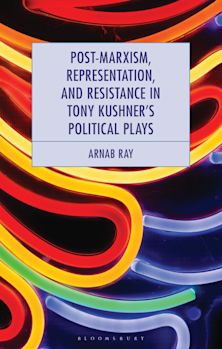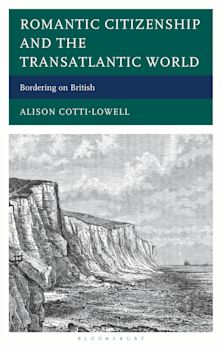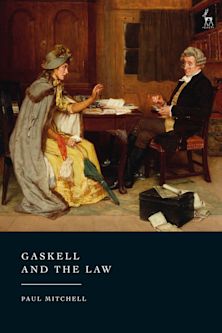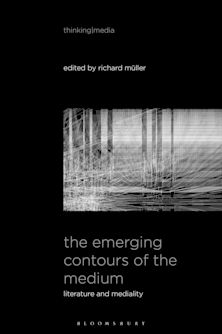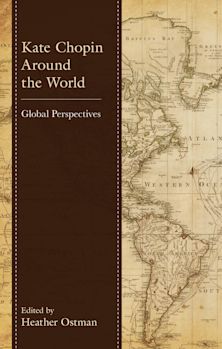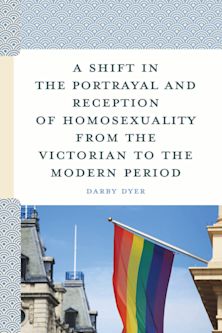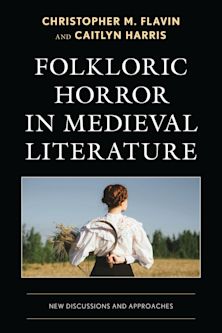- Home
- ACADEMIC
- Literary Studies
- Literary Studies - Other
- Dostoevsky's Polyphonic Talent
Dostoevsky's Polyphonic Talent
Joe E. Barnhart (Anthology Editor) , Joe E. Barnhart (Contributor) , Ralph C. Wood (Contributor) , Dan R. Stiver (Contributor) , Aaron Taylor (Contributor) , Linda Kraeger (Contributor) , Ignat Avsey (Contributor) , Joseph D. Stamey (Contributor) , Victor Terras (Contributor) , James M. McLachlan (Contributor) , Stephen Souris (Contributor)
Dostoevsky's Polyphonic Talent
Joe E. Barnhart (Anthology Editor) , Joe E. Barnhart (Contributor) , Ralph C. Wood (Contributor) , Dan R. Stiver (Contributor) , Aaron Taylor (Contributor) , Linda Kraeger (Contributor) , Ignat Avsey (Contributor) , Joseph D. Stamey (Contributor) , Victor Terras (Contributor) , James M. McLachlan (Contributor) , Stephen Souris (Contributor)
This product is usually dispatched within 3 days
- Delivery and returns info
-
Free US delivery on orders $35 or over
You must sign in to add this item to your wishlist. Please sign in or create an account
Description
This book illuminates the connectedness of Dostoevsky's literary art with his philosophical and psychological brilliance. Two Fyodor Dostoevsky conferences originating at the University of North Texas set the stage for this volume. Scholars contributed original papers focusing on how Dostoevsky's literary art and philosophical insights enrich one another. Fyodor Dostoevsky wrote and thought polyphonically. His polyphonic method is both his special literary technique and his distinctive way of probing theological, social, and philosophical depths. As Bakhtin and Terras suggest, all Dostoevsky's major literary inventions-from the underground man to the vitriolic Grushenka-are products of his ability to listen profoundly to his own characters. Like the genius author-redactor of 1 and 2 Samuel, he reports the heights and depths of human emotion and behavior, whether exploring the anatomy of dysfunctional families, making the heart soar with Zosima's vision of forgiveness, or giving Ivan Karamazov full rein to challenge theism. Dostoevsky's characters transform themselves into irregular verbs whose fierce independence emerges only because of their desperate and inescapable interdependence. His major characters are text, subtext, and context for each other. They play inside each other's head and answer in one way or another.
Table of Contents
Chapter 2 Introduction: Hearing Voices: Joe Barnhart, Editor
Chapter 3 Rival Ideologies: Dostoevsky on Evil as a Perversion of Personhood: A Reading of Ivan Karamazov and the Grand Inquisitor: Ralph C. Wood
Chapter 4 Still Too High a Price? Ivan's Question in the Light of Contemporary Theodicy: Dan R. Stiver
Chapter 5 Encountering the Incarnate Subject: Dostoevsky's Fiction as an Embodiment of and Contribution to Orthodox Theology: Aaron Taylor
Chapter 6 Dostoevsky and the Historical Christ: Joe Barnhart
Chapter 7 Dostoevsky and Alienation: Linda Kraeger
Chapter 8 Family Voices in Conflict: The Karamazovs-A Paradigm in Dysfunctionality: Ignat Avsey
Chapter 9 Son and Fathers: The Character of Dominant Ideas and the Ideas of Dominant Characters in a Raw Youth: Joseph D. Stamey
Chapter 10 Contracts with Fate: Dostoevsky's Characters: Joe Barnhart
Chapter 11 The Village of Stepanchikovo or "There's a man with No Clothes On!": Ignat Avsey
Chapter 12 Going Underground: Fyodor Dostoevsky's Notes from Underground: Victor Terras
Chapter 13 Schelling, Dostoevsky, and Chernychevsky: Egoism, Freedom, and Madness in Notes from Underground: James M. McLachlan
Chapter 14 The Literary Artist's Fantastic Realism: The French and the Russian Underground Man: Dostoevsky and Montherlant: Victor Terras
Chapter 15 "Living at Double Intensity": Dialogized Consciousness, the Question of Satire, and the Ethics of Representation in Dostoevsky's Poor Folk: Stephen Souris
Chapter 16 The Translator's Tale in the Bible and Dostoevskyland: Ignat Avsey
Chapter 17 Brief Biographies of the Authors
Product details
| Published | Jan 31 2005 |
|---|---|
| Format | Paperback |
| Edition | 1st |
| Extent | 270 |
| ISBN | 9780761830986 |
| Imprint | University Press of America |
| Dimensions | 8 x 6 inches |
| Publisher | Bloomsbury Publishing |
About the contributors
Reviews
-
This collection provides some thought-provoking insights, particularly on the religious dimension of Dosteovsky's fiction.
Julian W. Connolly, University of Virginia, Slavic and East European Journal












